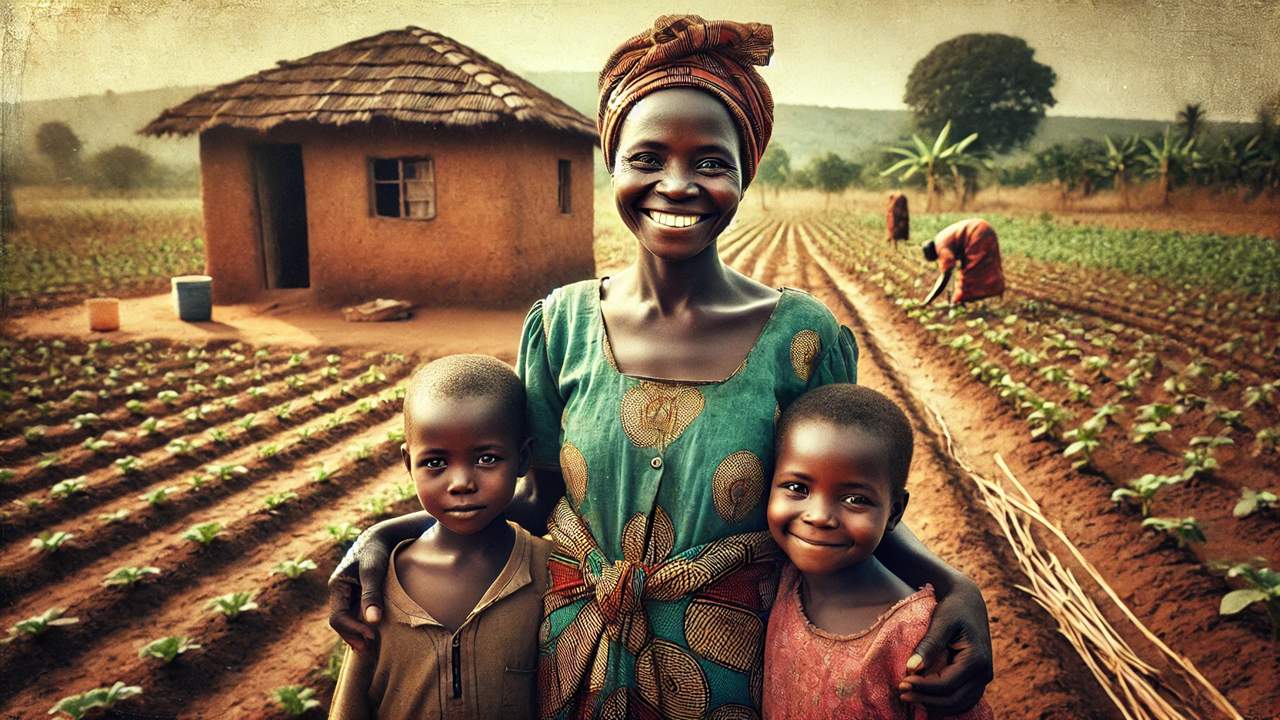IFC and Absa Group Launch $50M Commodity Trade Finance Facility to Support African Agriculture
The facility will benefit Valency International Pte Ltd, a Singapore-based key player in Africa’s agricultural commodities market, enabling the company to support pre-export activities for various agricultural products.

The International Finance Corporation (IFC), a member of the World Bank Group, in collaboration with Absa Group Limited, a South Africa-based bank, has announced a $50 million commodity trade finance facility aimed at enhancing agricultural commodity exports in West and East Africa. The facility will benefit Valency International Pte Ltd, a Singapore-based key player in Africa’s agricultural commodities market, enabling the company to support pre-export activities for various agricultural products.
Financing Agricultural Commodities
The $50 million facility will provide Valency with essential working capital to purchase a range of agricultural commodities, including cashew nuts, sesame seeds, shea nuts, ginger, and soya beans. These products will be sourced from Valency's extensive network of approximately 150,000 smallholder farmers and local traders in countries such as Côte d'Ivoire, Nigeria, Ghana, and Tanzania. Notably, smallholder farmers manage an estimated 80% of Africa’s farmland, making agriculture a vital industry for their jobs and livelihoods. However, many of these farmers face significant barriers to accessing financing.
Absa and IFC will each contribute $25 million to this facility. The funding will empower Valency to provide crucial working capital financing to cooperatives and local buying agents, enabling them to source directly from smallholder farmers. This partnership aims to enhance market access for these farmers, facilitating their integration into the broader agricultural marketplace.
A Commitment to Economic Growth
Sérgio Pimenta, IFC’s Vice President for Africa, emphasized the potential for this initiative to foster economic growth and job creation within the agribusiness sector. “As one of the largest global investors in agribusiness in Africa, IFC sees a tremendous opportunity to support economic growth and job creation in this critical industry,” he stated. “We are pleased to work with Absa and Valency to help ensure that farmers across the region are better integrated into the marketplace and have the opportunity to grow and thrive.”
Tshimbi Ntuli, Head of Structured
Trade and Commodity Finance for Absa’s Regional Operations, echoed this sentiment, stating, “IFC and Valency share our strategic vision of supporting Africa's growth and development. At Absa, we believe that partnerships like these are crucial in driving the continent’s economic transformation and are excited to collaborate with the IFC and Valency to drive sustainable impact in the African agricultural sector. Together, we are making a meaningful impact on the continent’s agricultural sector and the communities we serve.”
Empowering Smallholder Farmers
Sumit Jain, Valency’s Group Chief Executive Officer, expressed enthusiasm about the collaboration with IFC and Absa, emphasizing its potential to enhance engagement with farmers. “This facility will enable us to engage more directly with thousands of farmers, further integrating them into the value chain and bringing their produce to more markets,” Jain stated.
This commodity trade finance facility is part of IFC’s Global Warehouse Finance Program and falls within the framework of the $1 billion Africa Trade and Supply Chain Recovery Initiative, which is supported by the International Development Association (IDA) Private Sector Window. By bolstering financial support for agricultural trade, this initiative seeks to strengthen local economies and improve the livelihoods of smallholder farmers across the region.










